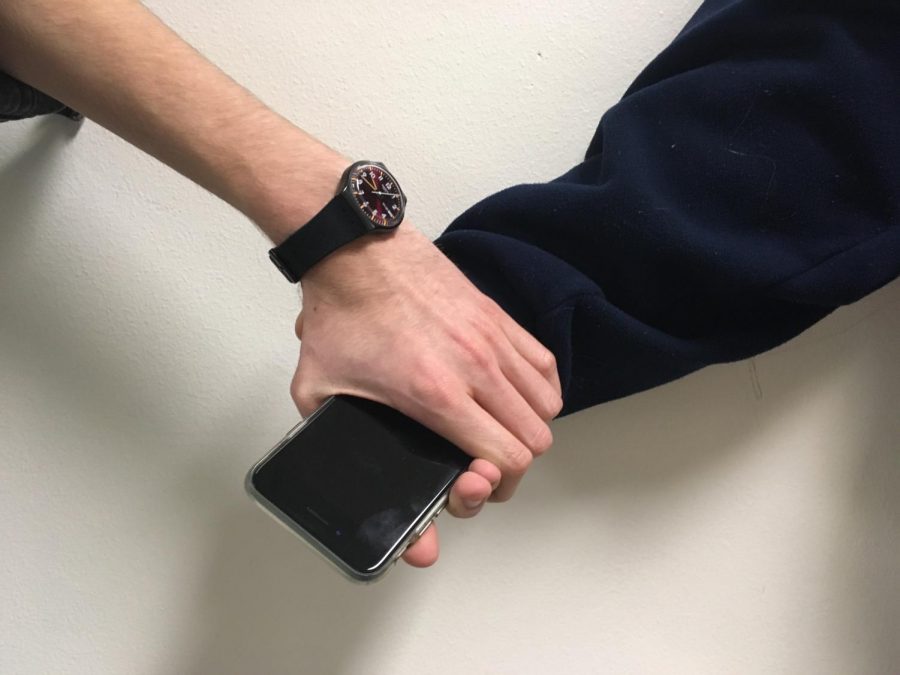Romance and Tech
January 29, 2020
Technology and social media are seen everywhere in our daily lives, for better or for worse. A number of studies have linked issues with teenage mental health and the overuse of tech.
Unsurprisingly, this has spilled into the realm of teen dating and relationships. Considering most teenage communication goes through their phones, it makes sense that they would be used to facilitate a great deal of interaction between friends, couples and people interested in each other. Is this an issue? Do we sacrifice some of our humanity in ignoring the opportunity to go on a date or have a real experience with our significant other, sending a quick Snap or DM instead?
Sophomore Jackson Sharpless, who has had previous relationship experiences, wishes it were different. “There’s just not as much of that face-to-face interaction that people use to build a relationship,” said Sharpless. “You don’t convey as much emotion.”
He explained that it’s harder to get to know the other person through tech since anyone can detail their social image to whatever they want online. Their real life and personality may not be like what is seen on social media.
However, he isn’t a technological naysayer. “It’s probably the most useful tool. It’s just a computer in your pocket,” said Jackson. He also frequents XBOX servers and the chat functions they provide, jokingly noting that “I’ve never had a romantic relationship over XBOX.”
But still, tech can be a large roadblock in the way of happy couples. “[Miscommunicating something over phones] is a pretty common occurrence when you’re trying to communicate with people just because you have the limitation of not being able to convey emotion,” said Sharpless. Current sophomore couple Sarah Leifheit and Liam Hall, have run into a similar issue. “Yes!” said both Leifheit and Hall when asked if they have ever misinterpreted something over the phone. They explained how it happens so commonly that they can’t pick out a certain instance it happened.
“Whatever you’re comfortable with, whatever makes you happy,” said Leifheit, in response to how much couples should rely on their phones. “It’s kind of like a balance,” said Hall to the same question.
But how can couples solve this problem? How does one determine when something is good to say through a text? Or face-to-face? Should we use it at all?
“Use [texting] more just to set up something,” said Sharpless. “[I’ve] used it as a crutch too much in the past.”


